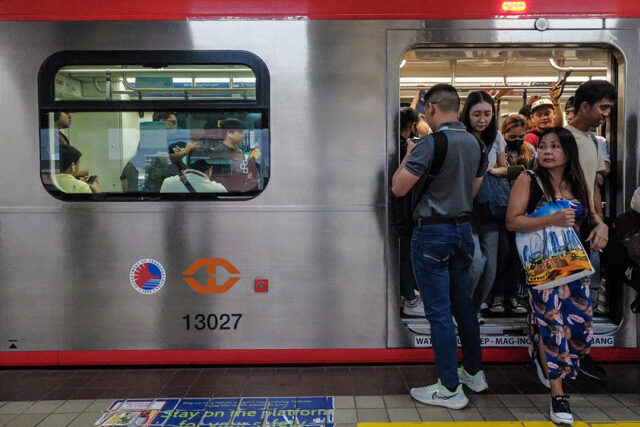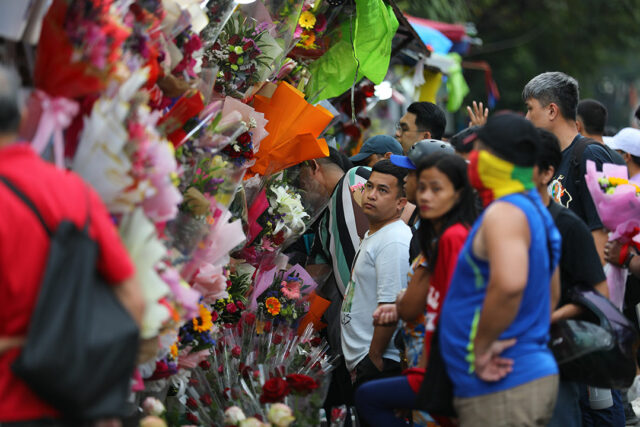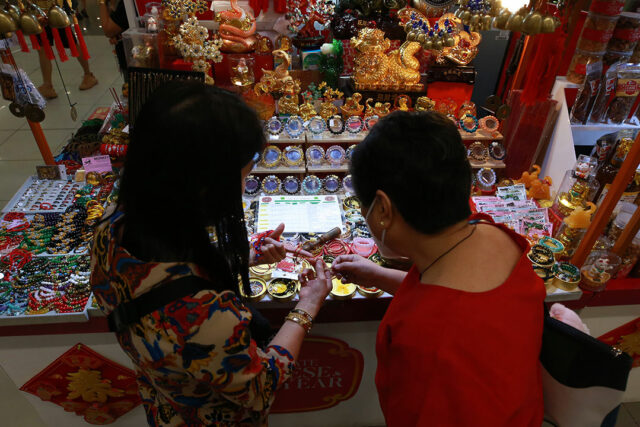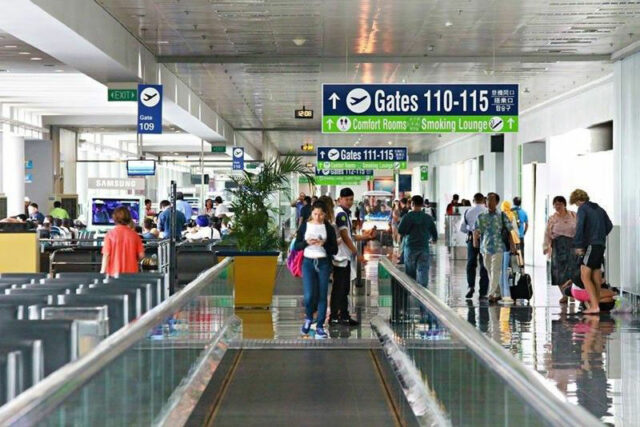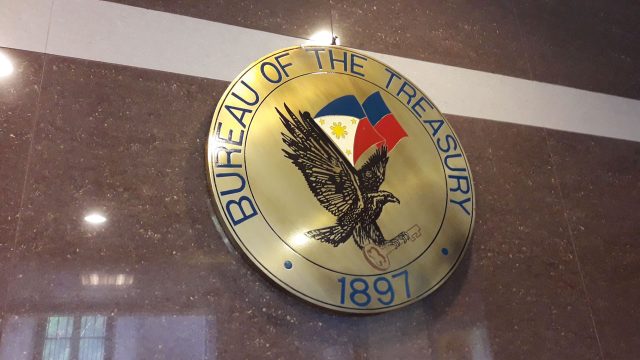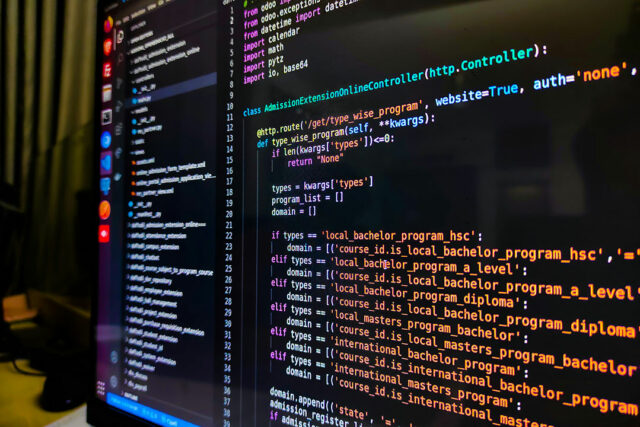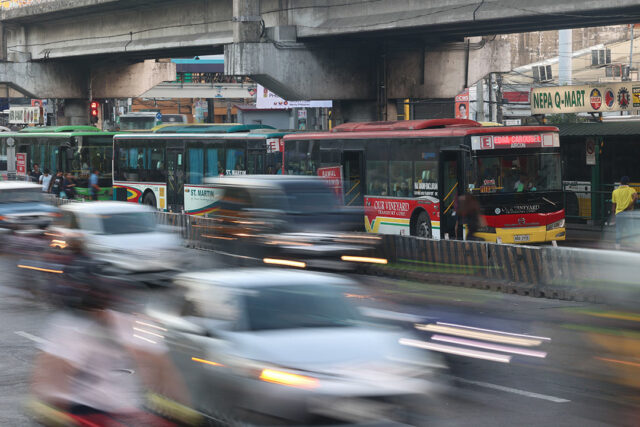By Beatriz Marie D. Cruz, Reporter
TONIK Digital Bank, Inc., the Philippines’ first licensed digital-only bank, seeks to broaden its presence in the country by targeting the unbanked population through strategic branding, according to its chief executive officer (CEO).
“I think branding is a very important issue that is being ignored by both the traditional banks and actually by most of our competitors in digital banking,” Greg Krasnov, founder and CEO of Tonik Bank, said in an interview with BusinessWorld.
Bank branding in the Philippines is “typically intimidating,” he noted.
“Our research shows that the Filipino mass market thinks banks are by the rich and for the rich,” he added, noting that this remains a significant barrier to building trust in banks and encouraging consumers to use their services.
About 76% of Filipinos remain unbanked and underserved — the highest percentage among five Southeast Asian countries. Indonesia followed at 67%, Vietnam at 47%, Malaysia at 40%, and Thailand at 25%, according to a 2024 report by Euromonitor International.
Latest data from the Bangko Sentral ng Pilipinas (BSP) showed that in 2022, the share of Filipinos with bank accounts reached 65% of the adult population.
To make digital banking more accessible to Filipinos aged 25 to 30, Tonik has positioned its brand as “approachable.”
“When we were creating Tonik’s branding, we were consciously trying to counteract that,” Mr. Krasnov said.
“Our brand is funny and approachable. We’re on a first-name basis with our customers. We want them to fall in love with us, so we are your financial girlfriend or boyfriend.”
For instance, Tonik’s “Luv Stash” allows users to invite their partners, friends, or family members to contribute to a shared savings “pocket” without opening a joint bank account. In celebration of Valentine’s Day, users who create a Luv Stash by the end of February can earn 5% interest per annum.
Around 57% of Filipino consumers said they would likely spend more on brands that provide personalized experiences, according to customer engagement platform Twilio.
To further enhance user personalization, Tonik also leverages alternative data to analyze consumer behavior and tailor its product offerings.
Tonik has onboarded more than two million users since its launch in 2021.
Customers can open a savings account, deposit funds, manage payments, and own a virtual debit card through the digital banking platform. Its key loan products include the credit builder loan and the shop installment loan.
Under its Tendo brand, Tonik also partners with employers to offer employee benefits such as life and health insurance, savings and cash loans, and employee rewards.
For 2025, Tonik is targeting more than 150% annual growth in its lending portfolio. Last year, its loan portfolio expanded by 110% year on year, driven by a rise in employer and retail partnerships offering its loan products, Mr. Krasnov said.
“We spent three years focusing on achieving unit profitability, and we’re now profitably lending to these unbanked and uncredited consumers.”
However, Mr. Krasnov acknowledged challenges in the widespread adoption of Tonik’s payroll lending product, which has only covered 10% of the market.
“This is a relatively new solution for employers in the Philippines,” he said. “The challenge is convincing large employers to partner with us because this is a very cost-efficient way to provide credit access to their employees.”
The Philippines also continues to lag behind its Southeast Asian peers in consumer lending penetration, Mr. Krasnov noted.
“We think the Philippines needs to grow consumer lending fourfold to catch up with the Southeast Asian average.”
Mr. Krasnov cited inflationary shocks as a potential risk to lending growth.
“We hope that this year won’t have as many inflationary shocks that impact consumer purchasing power,” he said. “When customers feel financial stress, it becomes more difficult for us to make decisions.”
The BSP expects inflation to average 3.3% in 2025, remaining within its 2-4% target range for the year.
Mr. Krasnov also emphasized the need for the mass deployment of the Philippine Identification System (PhilSys) card, or national ID, to help onboard more users and reduce lending fraud.
To expand consumer lending, Tonik plans to partner with more employers and retailers to increase accessibility to its loan products.
The digital bank is also set to accelerate the rollout of its credit builder loan, which encourages users to take a small cash loan to establish a credit history and eventually increase their credit limits.
“The concept of the credit builder is that users proactively build their credit history through our product.”
Tonik is also exploring expansion into car and mortgage loans.
“Over time, we will continue rolling out more products that fit into the customer’s lifestyle as they continue to upgrade their life,” Mr. Krasnov said.




